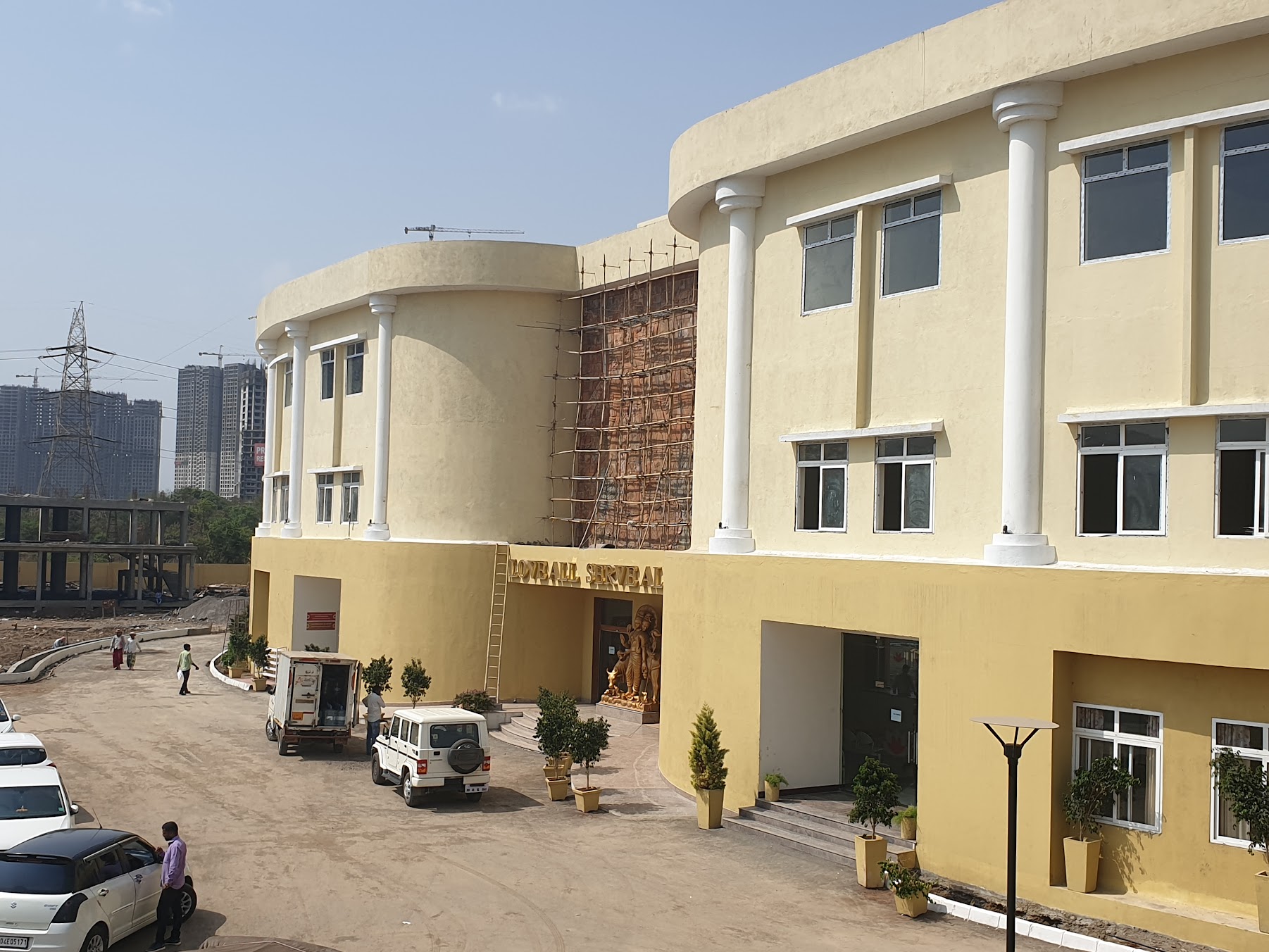
Buying a home is majorly a one-time affair. It is connected with a lot of choices, emotions, and commitment. Though the pandemic has made the home buying process problematic, we can address the situation by formulating a proper business plan. Adherence to discipline and the right execution of the process are some other major requirements. However, as far as real estate is concerned, one also needs to have empathy and an understanding of the aspirations of the buyers. This is required to create a bonding between the buyer and the seller.
Real estate is a challenging business due to factors such as uncertainty present in the market and the quick change of consumer mindset, especially in a developing country like India. It is an area where only 20 percent of the population can afford to buy a product, and that too, once in a lifetime. As such, we need to be sure of what we are offering and how we run the business. The bright side of the same story is that people in developing countries aspire to live a better life. This could be because of the changing lifestyles or adaptation to new world designs and spaces. Resultantly, there are a lot of opportunities and a great scope for revolutionising the real estate business. More and more credibility is being brought into the business with new-age policies and offerings. These are attracting new-age entrepreneurs with modern thoughts and technologies.
New-age builders include the second-gen developers and construction/management graduates that are yearning to bring about a fresh gush of air to the industry by redefining the living spaces and stripping away unnecessary structures to cut the cost and increase appeal. This innovation is driving the markets and affecting the prices of the offerings to go in sync with the economy and affordability of the homebuyer. There is no better time in our country to witness a paradigm shift in the ease of doing business.
Residential spaces are being reshaped to fit well with the surroundings and the world we live in. Design-thinking and Green buildings are two new emerging concepts in residential real estate. To apprise, the perks of technology outweigh the cost incurred on it in the long run. Technologies can reduce the cost of the housing, and in turn, help a larger section of the population to realize their dream of owning a home.
The changing time has altered the homebuyer’s criteria and requirements. Apart from affordability, space requirements and location of the housing projects have a great impact on the home buying decision in recent times. This direct correlation between home buying and the stock markets is one thing to watch out for. Those who are in the business need to be more diligent and have a clear understanding of the markets.
India went through three recessions in the past 12 years. This has been lingering around since mid-2017 and is deepening. Given the credibility of the industry and the new changes adopted by the community at large, a large percentage of individuals still consider home buying as a better investment option than the others. The buyers might not get any major appreciation on their property, but at the same time, they do not incur losses also. Real estate is the first industry to rejuvenate post any recession. This makes it a much desirable investment option. Moreover, as the world is fighting the global pandemic i.e. COVID-19, almost everyone has realised the importance of a good home.
The need for buying a home is a persistent one. Innovating ways to reach out to the right customers and educating them on multiple issues is what will matter now. We must take a leap forward and accept new ways of doing business-from taking necessary precautions in construction sites to making the use of virtual reality to provide the buyers with a 360-degree home viewing experience. In this way, we can improve our interaction with the customers, provide them with ground-breaking technology experience, and gain their confidence. This is the ultimate key for home buying closures.


